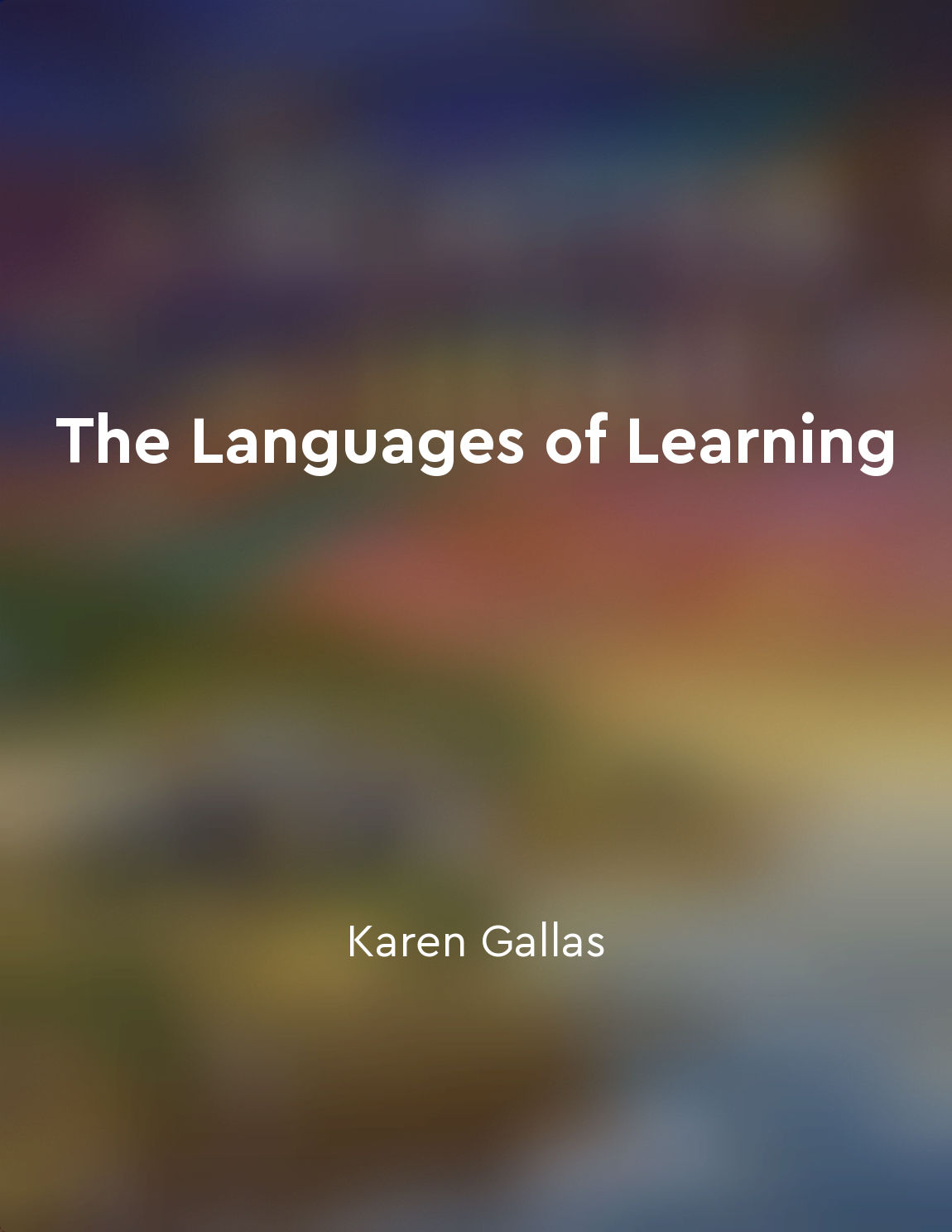Language reflects power dynamics from "summary" of The Spanish Language in the United States by José A. Cobas,Bonnie Urciuoli,Joe Feagin,Daniel J. Delgado
The relationship between language and power dynamics is a complex one that plays out in various social contexts. Language serves as a tool through which power is exercised and maintained, reflecting the unequal distribution of power in society. In the United States, the Spanish language occupies a unique position due to the country’s history of colonization and immigration. Spanish speakers in the U. S. often find themselves in a subordinate position, facing linguistic discrimination and marginalization. The dominance of English in the U. S. reflects a history of colonialism and imperialism, where English was imposed as the language of power and authority. This linguistic hierarchy is evident in various aspects of society, from education and the workplace to media and government. Spanish speakers are often seen as "other" or "outsiders," reinforcing their subordinate status in society. This power dynamic is further exacerbated by stereotypes and prejudices that are perpetuated through language. The Spanish language in the U. S. is not just a means of communication but a site of struggle over power and identity. Spanish speakers navigate a linguistic landscape that is fraught with tension and inequality, where their language is often devalued and stigmatized. The way in which Spanish is spoken, written, and perceived reflects broader power dynamics that shape social relations and hierarchies. Language can be a powerful tool for resistance and empowerment for Spanish speakers in the U. S. By reclaiming and celebrating their language, they challenge the dominant power structures that seek to marginalize them. Linguistic diversity is a key aspect of multiculturalism and social justice, highlighting the importance of recognizing and valuing different languages and dialects.- The relationship between language and power dynamics is a central theme in the study of the Spanish language in the United States. Understanding how language reflects and reinforces power structures is crucial for addressing inequalities and working towards a more inclusive and equitable society. By examining language in its social and political context, we can gain insight into the complex interplay between language, power, and identity.
Similar Posts
Phrases for navigating public transportation
Navigating public transportation can be a daunting task, especially in a foreign country where the language may be unfamiliar. ...
Nonverbal cues play a role in communication
Nonverbal cues are an essential component of communication in various contexts, including business and professional settings. T...

Children's languages of learning reflect their cultural background
As educators, it is crucial to understand that children's languages of learning are deeply intertwined with their cultural back...
Mind can transform beliefs through education
The mind holds many beliefs, some of which are deeply ingrained and difficult to change. Through education, however, the mind h...
Fosters a love for reading in Spanish
This collection of short stories is designed to spark a passion for reading in Spanish. By immersing yourself in these engaging...

Utilize classroom exercises for reinforcement
Classroom exercises can be a valuable tool for reinforcing the concepts you are learning in your Spanish studies. These exercis...

